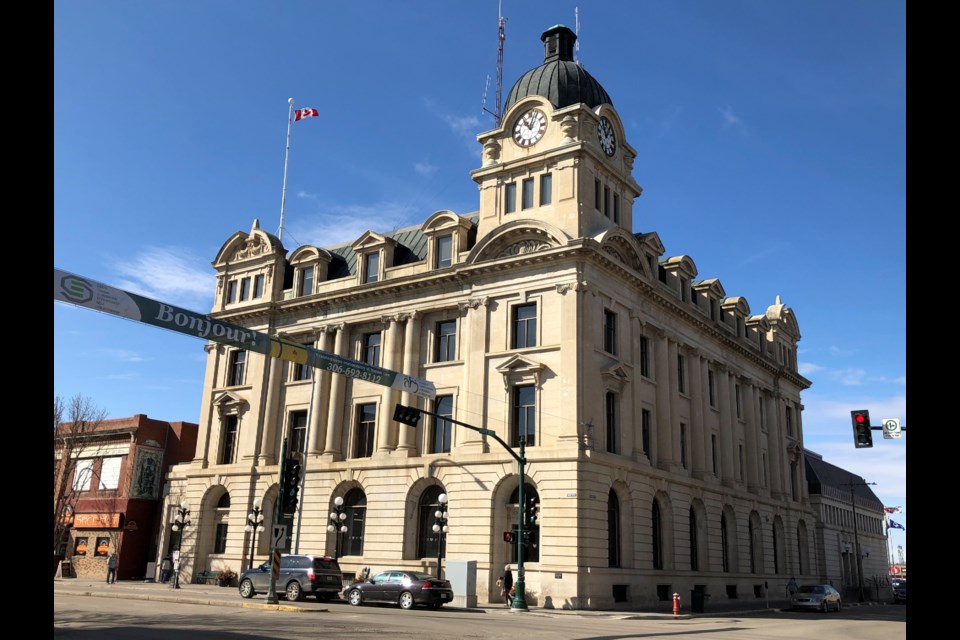City hall is facing a financial shortfall of nearly $400,000 due to a decrease in provincial funding connected to a decline in population — but has the money to cover the shortage.
During its May 9 executive committee meeting, city council approved a recommendation to amend the 2022 operating budget to account for the shortfall in its provincial revenue sharing grant. This amendment would include pulling $128,309 from savings in the city solicitor budget, $62,000 from increased bank interest revenues and $164,990 in a one-time transfer from the solid waste utility franchise fee.
These three sources total $355,299.
Council must approve this recommendation at a future regular council meeting for it to become official.
The provincial government provides municipalities with revenue sharing grants based upon three-quarters of a percentage point of the provincial sales tax (PST) collected in the fiscal year two years before, explained finance director Brian Acker.
When preparing its 2022 budget, city administration anticipated that Moose Jaw would see a decrease of $325,647 — or 4.1 per cent — in its grant funding because of decreased economic activity two years before due to the pandemic, he continued. What city hall didn’t anticipate was that the provincial government would use the recent census figures in its per capita distribution for the 2022 grant.
Moose Jaw saw a decline in population from 2016 to 2021 — 33,890 to 33,665 — resulting in a further decrease in revenue sharing of 10.1 per cent or $355,299. Therefore, the total reduction in revenue sharing was $680,946.
City hall received $6,774,211 in provincial revenue sharing grant in 2021-22 and expects to receive $6,093,265 in 2022-23.
To address this shortfall, city administration reviewed several areas in its budget and recommended three steps to address the financial hole, said Acker.
The city solicitor’s department has savings of $148,309 because hiring new staff is taking time, while there has been roughly $20,000 in extra external legal costs, leaving $128,309. When creating the budget, city administration did not know how many files would be contracted out — with the city manager and legal secretary managing the legal cases — or time to restaff the office.
Meanwhile, the municipality earns interest on money in its bank account, and the amount of interest received is tied directly to the prime interest rate, Acker continued. The Bank of Canada has raised the prime rate and plans to do so again this year. The municipality has already received some interest money and could receive more during the year.
The extra money city hall expects to receive on its bank deposits this year is $62,000.
Lastly, the solid waste utility reserve “is in very good financial condition” and city administration believes transferring an additional one-time amount of $164,990 from the utility to the city’s operating budget is viable, he remarked.
The balance of that reserve account is $10.6 million, while city hall is contributing $1.86 million annually to it.
“We feel … to dig into it is not unreasonable,” Acker added.
Coun. Doug Blanc noted that there could be negative financial effects on municipalities when residents don’t fill out the census. He wondered how much impact this could have.
Declining to fill out a census form “potentially could” affect what a municipality receives in funding, said Acker. Municipalities can appeal their population number if they believe it is not accurate. Meanwhile, not counting people in a census can affect per capita funding for grants, such as the federal gas tax grant.
The next executive committee meeting is Tuesday, May 24.




